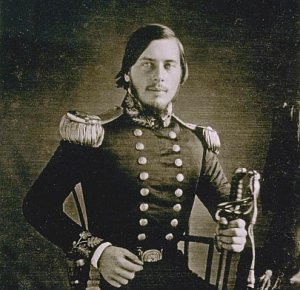
A husband and wife are killed in an accident and find themselves in heaven. It’s an immaculate golf course with a beautiful clubhouse and handsomely landscaped greens, and they have it to themselves. They gape at it for a while, and then he asks her if she’d like to play a round.
As they’re teeing up for the first hole, she says, “What’s wrong?”
He says, “We could have been here years ago if it weren’t for your stupid oat bran.”


